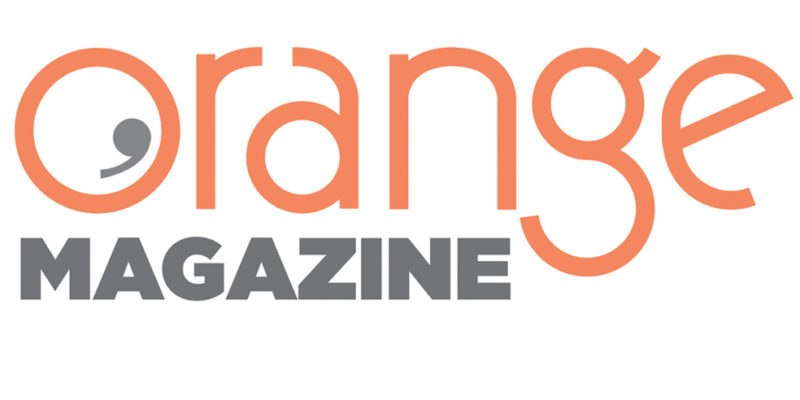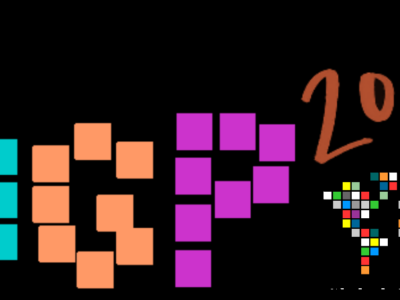’’Unite, Unite Europe!’’ was the chorus of Toto Cutugno’s famous Eurovision song, that often intrigued people to think about the idea of countries one harmonized ‘’composition’’ on the continent we live in.
Nevertheless, by then much time has passed and many things have changed, but the idea of United Europe still exists like a family of 28 persons.
But are those persons getting on well in the family as well as they are supposed to?
The Danish Border control that is supposed to be set on the border with Germany was also one of the signs affirming this question. This type of action triggered the reaction of many young Germans, making them re-consider the new circumstances regarding the free movement across Europe.
Curious to hear what young people in Germany think about this, I contacted the Young European Movement in Berlin and requested their opinion on this topic. In this initiative about 380 youngsters are engaged in discussion in EU politics in order to transform theory into practice and plans into actions, so reacting on this event was not missing as well.
’’This kind of measures affect equality in Europe quite much, but they are a good test that motivated German youth to discuss. We used to have fully-media observed discussions with German and even Danish young people, experts, and politics about the decision to set a new obstacle for educational, working and cultural exchange. That intensity gave positive results. Luckily, Danish government saw that it has to be more sensible when thinking about such changes, due to the effects that might be caused on the harmonized politics they have to follow, regardless if that applies to people in or out of the EU zone.’’ as reported by Martin Mieske (YEM).
This type of measure very easily conveys the issue of people’s equality. We can better understand the feeling of discrimination that immigrants out of the EU zone have if as EU citizens we move in different EU country. In that way, people become more compassionate of course. Immigrants can in great hand contribute to Germany. One point is the exchange of cultural diversity, the productive use of their knowledge and the stability they can offer.
In a period when thousands of challenges chaotically circulate on one boulevard, it is non-doubly far from easy to know where to start with managing the traffic. Obviously, Denmark is trying to find a way out. But is the limitation of the free movement the best way out?
When comparing the benefits and possible pitfalls, it can be seen that complicating the free movement is not the final and for sure not the only solution.
The cultural exchanges within EU countries are incomparably the best benefit that EU citizens can purchase from the cart full of goods! However, that purchasing will be easily endangered if the free movement is on-going under difficult circumstances.
In the 21 st. century, it would be very hard to be in the “heart” of the EU without being part of it. Learning from the experience, we can see that this is because the powers to oppose, raise one’s voice, develop networks easily and stabilize. But the stabilization would never be achieved if the flow of international input is cut and if one nation is sacrificed in advantage of other one.
Every challenge must be respond to with the most reliable solution found, the one that would rather affect people and politics positively than negatively. Hopefully, the opposing of the public made Denmark keep re-considering the decision and provide better solution of the problem in accordance with other EU countries.
Eventually, the base on which the EU member countries function is the equal expression and the principle of achieving their single ideals together and not apart.
Sources: Inteview with Martin Meiske, JEB, Deutschland
By: Mila Damjanoska















